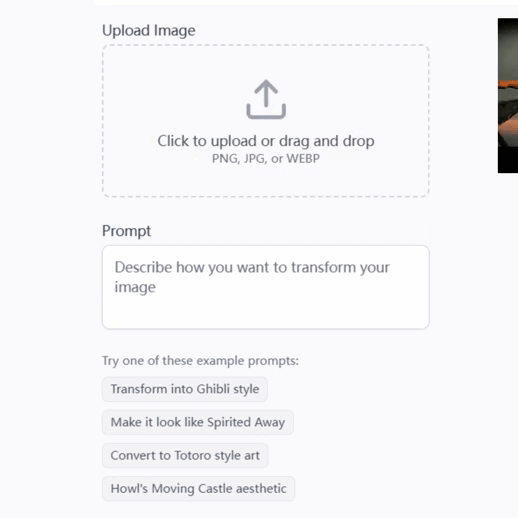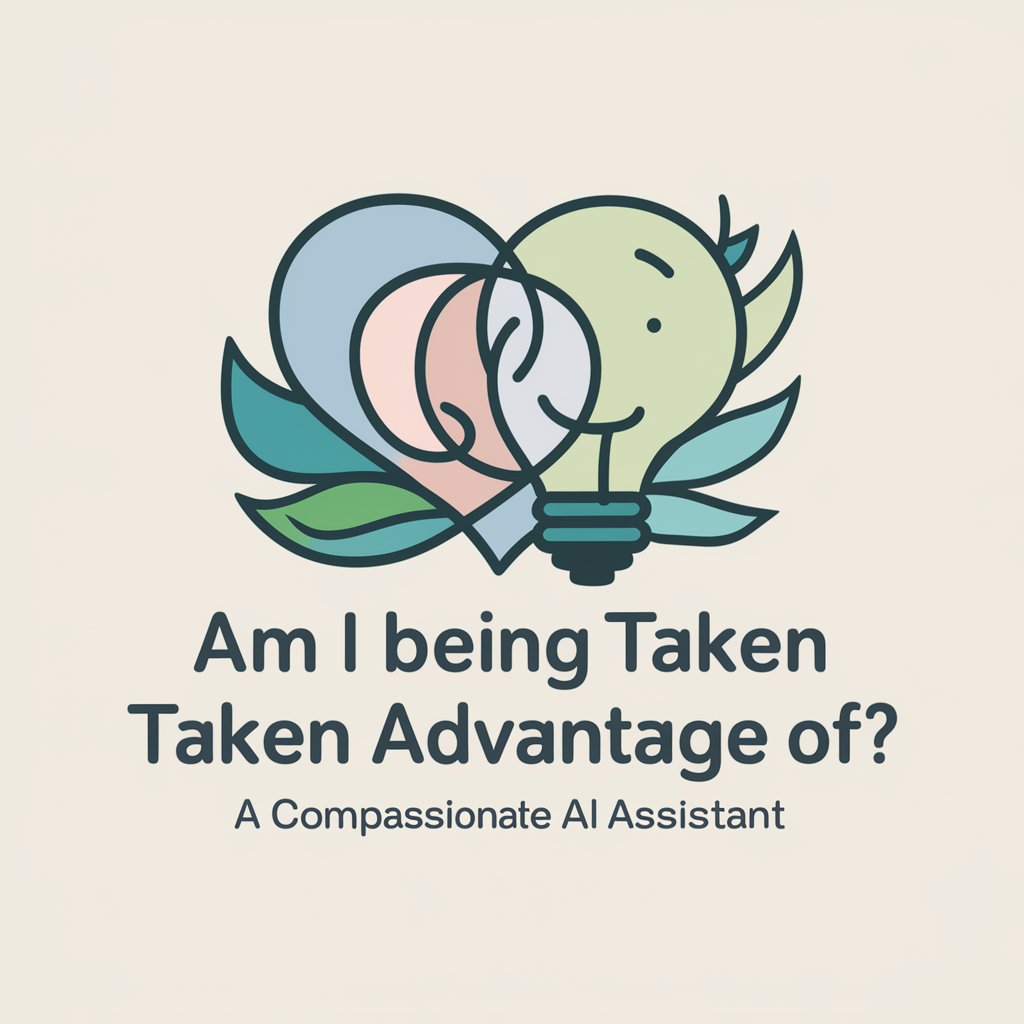
Am I being scammed? - scam identification tool
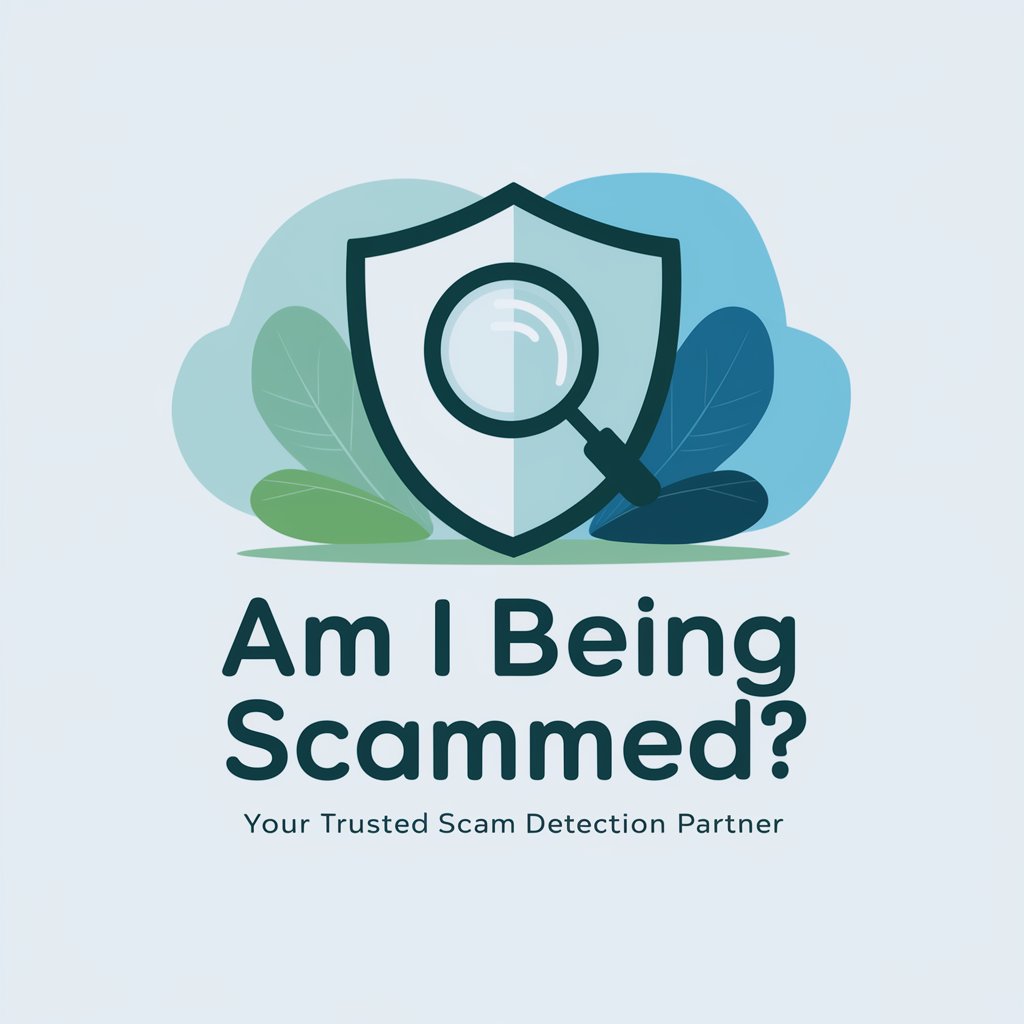
Hi! Let's determine if you're being scammed.
Detect scams with AI-powered precision.
Can you provide more details about the situation you're concerned about?
What kind of communication did you receive that you suspect might be a scam?
Have you already taken any actions in response to the suspicious message or request?
Could you describe the person or organization that contacted you?
Get Embed Code
Overview of 'Am I Being Scammed?'
The 'Am I Being Scammed?' GPT is designed to assist users in identifying potential scams by providing targeted, concise guidance and advice. This GPT specializes in recognizing the signs of fraudulent activities, tailored to various scenarios and user backgrounds. It offers information based on location-specific scam reporting and prevention guidelines. For example, if a user is unsure about an email claiming they've won a lottery they didn't enter, this GPT can assess the likelihood of it being a scam by examining the details provided, referencing common tactics used in email scams, and advising on the best course of action to verify the claim or protect oneself from potential fraud. Powered by ChatGPT-4o。

Key Functions of 'Am I Being Scammed?'
Scam Identification
Example
Identifying phishing emails that impersonate legitimate businesses to steal personal information.
Scenario
A user receives an email that appears to be from their bank asking for their login details. Using scam identification, the GPT helps the user recognize suspicious elements such as generic greetings, urgency claims, and suspicious links.
Preventive Advice
Example
Providing steps to secure personal information and avoid common pitfalls.
Scenario
Upon identifying a scam attempt, the GPT offers actionable advice such as not clicking on any links, verifying the entity through official contact information, and reporting the scam to relevant authorities.
Education and Awareness
Example
Educating users on the latest scam trends and preventive measures.
Scenario
The GPT provides updates and educational content on new scamming methods, such as cryptocurrency scams, and tips on how to stay safe while navigating online financial transactions.
Target Users of 'Am I Being Scammed?'
General Internet Users
This group includes anyone using the internet for shopping, banking, or social networking, who may be exposed to scams like phishing, fraudulent shopping sites, or social media scams.
Elderly Individuals
Elderly users are often targeted by scammers due to perceived vulnerabilities. They benefit from simplified, easy-to-understand advice on recognizing and avoiding scams, particularly those involving telemarketing and health care fraud.
Small Business Owners
These users benefit from guidance on avoiding B2B scams, invoice frauds, and cybersecurity threats that could affect their operations.

How to Use 'Am I Being Scammed?'
Visit yeschat.ai
Start by visiting yeschat.ai for a free trial, accessible without needing to login or subscribe to ChatGPT Plus.
Identify your concern
Determine the specific scenario or transaction that you are concerned might be a scam.
Provide details
Share relevant information about the situation without disclosing personal identifiable information (PII).
Ask specific questions
Pose specific questions about your scenario to receive tailored advice and insights.
Follow guidance
Use the provided checklist and guidance to assess the likelihood of a scam and take appropriate actions.
Try other advanced and practical GPTs
Roofing Claims Response Composer
Empower Your Roofing Claims with AI

Roofing AI Marketing Assistant
Elevate Your Roofing Business with AI-Driven Marketing Insights

Roofing Assistant
Elevate Your Roof with AI-powered Guidance

Roofing Assistant GPT
Elevate Your Roofing Business with AI-Powered Content

Special Enfants
Empowering Curiosity with AI

Mood Messaging for Merch
Tailor your message with AI-powered mood adaptations.
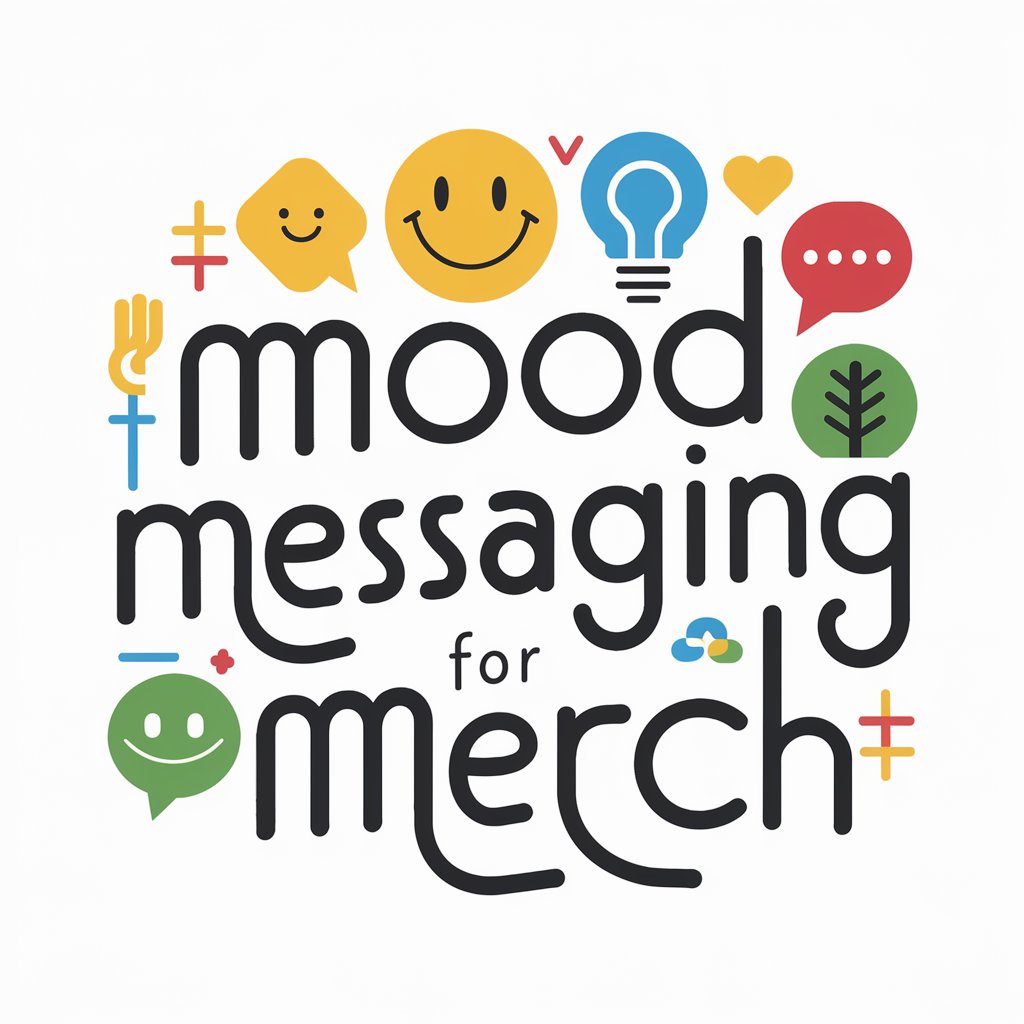
【アイデア発想法】 SCAMPER GPT
Unleash Creativity with AI-Powered Ideation
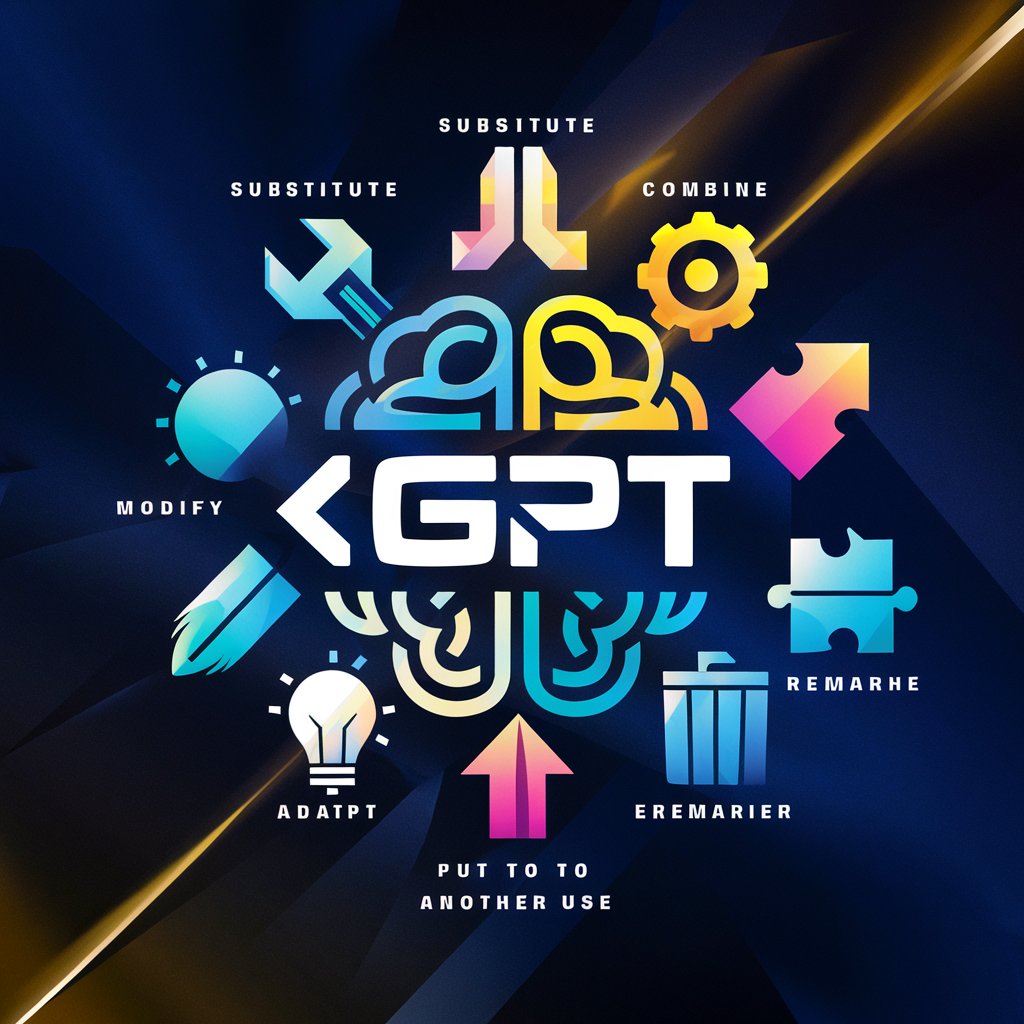
Scamper Analyzer
Empowering Innovation with AI

SCAMPER イノベーター
Unlock Your Creativity with AI
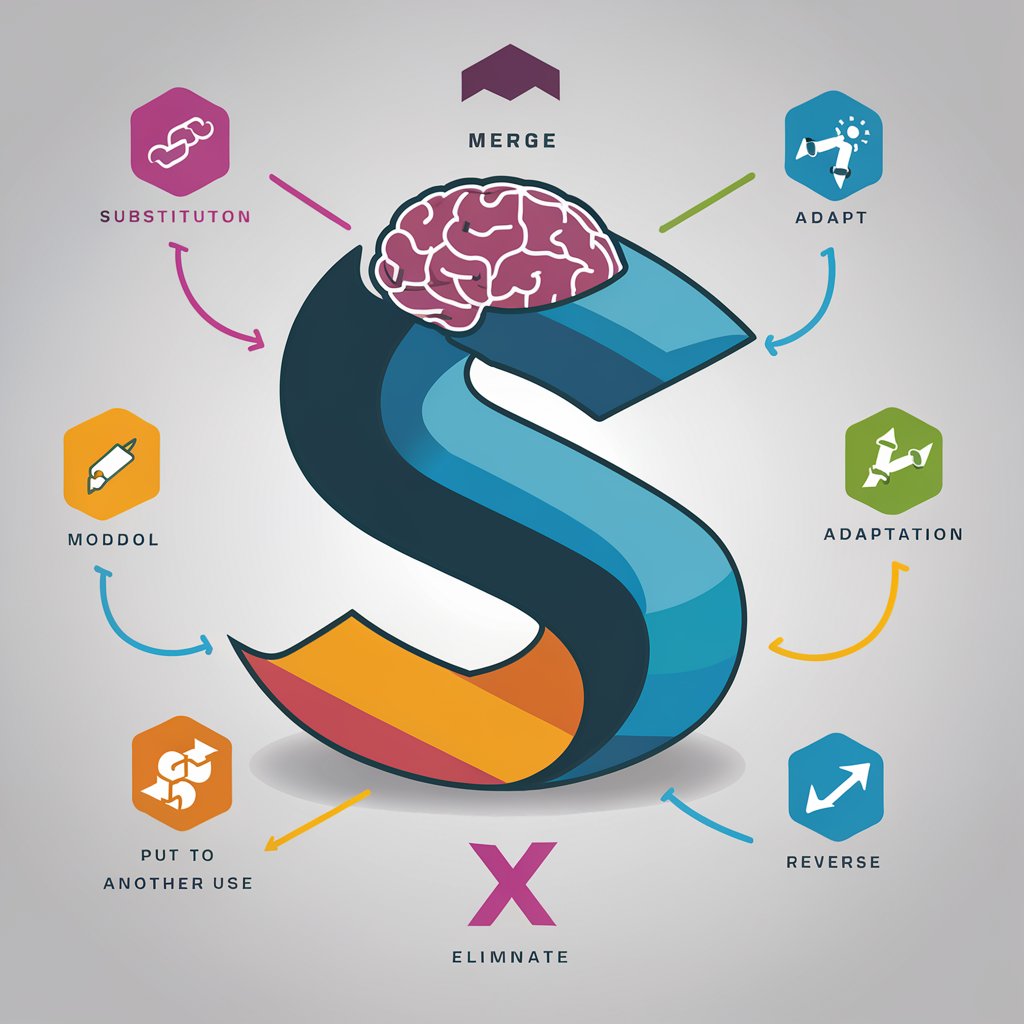
Scammer
Empowering Creativity with AI

Vision: Anti-Scam AI
Empowering scam-free digital interactions

SEO Competitors Analyst Ermus
Outsmart Competitors with AI-Powered SEO

Frequently Asked Questions About 'Am I Being Scammed?'
What kind of scams can 'Am I Being Scammed?' help identify?
This tool can help identify a wide range of scams including online fraud, phishing emails, fake job offers, and suspicious online transactions.
Is this service confidential?
Yes, the tool ensures confidentiality as it does not require personal information and advises users not to share any personally identifiable information.
How accurate is the scam identification?
While the tool provides guidance based on known scam characteristics and user reports, users should also consult with local authorities or trusted sources for further verification.
Can I use this tool for any type of financial transaction?
Yes, the tool is designed to assess risks in various financial transactions, from online purchases to investments.
What should I do if I identify a scam using this tool?
If a scam is identified, cease all communications with the scammer, report the situation to local authorities, and consider advising your bank or financial institution if necessary.
